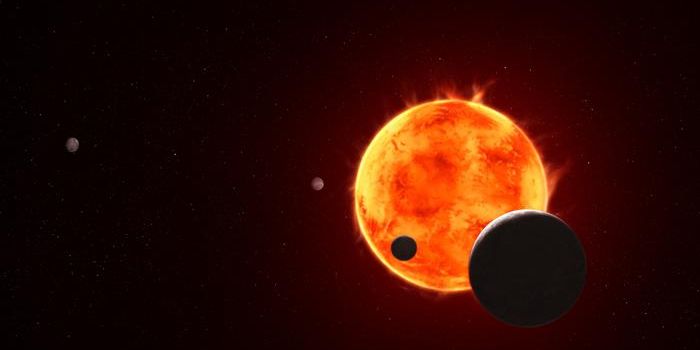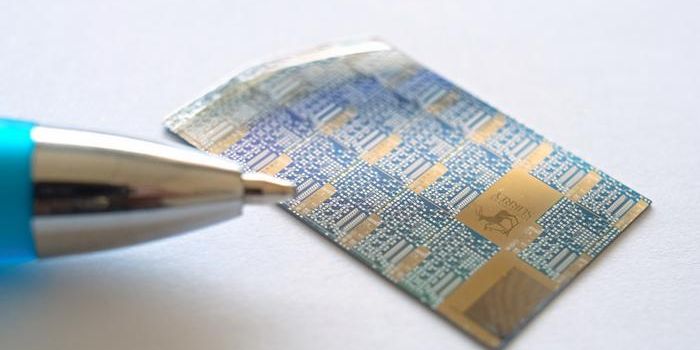Are Compostable Plastics Really a Green Substitute?
The current trend to replace non-composable plastics such as polyethylene (PE), polypropylene (PP), or polystyrene (PS), with biodegradable ones, represented by polylactic acid (PLA), is based on the idea that the latter is better for the environment. But is it really the case?
PLA plastics can be decomposed by at least two genera of bacteria into its monomer lactic acid, and then carbon dioxide and water. The original process to make the polymer appeared over 20 years ago, but the cost for production was so high that it was not viable for large scale commercial applications for a long while.
Thanks to industrial chemist Patrick Gruber, who invented a more efficient way to produce PLA, the price for producing dropped almost 200 folds, bringing down the cost of one pound PLA to $1 dollar.
PLA plastics are made from renewable bio-sources, such as corn starch and cassava roots. Compared to petroleum-based plastics, producing PLA uses 65% less energy while generates 68% fewer greenhouse gases. Due to the high price of oil, biomass-derived PLA plastics have become more affordable. What's more, since PLA is non-toxic, it is a popular choice for making anything from food packages and containers to medical implants.
Related reading: the Pros and Cons of PLA Plastics
However, this "guilt-free" substitute is not what it appears to be. PLA production depends on large fields of crops. But currently, a sizable portion of grain output has been dedicated to nonfood products such as ethanol. It will bring a big impact to food supply security and food cost if PLA were to gain more popularity and replace all other types of plastics.
The environmental toll of industrially grown corn is another big concern. Corn farms often use more fertilizer, herbicides, and insecticides as compared to growers of other crops . The use of the chemicals can pollute aquatic bodies and erode soil, posing a threat to local ecosystems.
More detrimentally, because of their unique chemical nature, PLA polymers (plastic label #7) should never be mixed in with traditional plastics (#1-#6) during the recycling process. They would degrade properly only in a dedicated composting facility. Studies have found that a majority of PLA plastics end up in the lands, where they cannot break down as fast and thorough as they are designed to do, making them no better than PE or any other form of oil product plastics.
So after all, the compostable plastics seem more like a band-aid solution to our environmental crisis. As many experts have called out for, eliminating single-use plastics is the ultimate fix to our problem.
Source: ACS Reactions via Youtube








